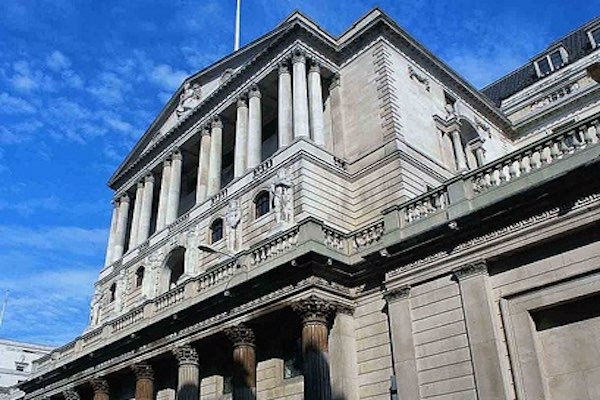The Bank of England’s Monetary Policy Committee voted by a majority of 7-2 for a second month to maintain the Bank Rate at 0.75%.
There had been some expectation of a rate cut but slightly better than expected news on the economy persuaded MPC members to hold rates.
The meeting and base rate announcement were the last for present governor Mark Carney and the last before Brexit takes place tomorrow. FCA chief executive Andrew Bailey will take over as the new governor in March.
The MPC also voted unanimously to maintain the stock of sterling, non-financial investment-grade corporate bond purchases, financed by the issuance of central bank reserves, at £10 billion.
The Committee also voted unanimously to maintain the stock of UK government bond purchases, financed by the issuance of central bank reserves, at £435 billion.
In its report, the MPC said that UK GDP growth slowed last year, reflecting weaker global growth and “elevated Brexit uncertainties.”
Output is expected to have been flat in 2019 Q4. Growth in regular pay has fallen back to around 3.5%, though unit labour costs have continued to grow at rates above those consistent with meeting the inflation target in the medium term, the MPC said.
CPI inflation fell to 1.3% in December, core CPI inflation declined to 1.4%, and core services inflation is below its target-consistent range.
However the unemployment rate has remained low and stable and employment growth has picked up.
The MPC said that most recent indicators suggest that global growth has stabilised, reflecting the partial easing of trade tensions and the significant loosening of monetary policy by many central banks over the past year.
UK GDP growth is projected to pick up a little in early 2020.
Neil Birrell, chief investment officer of Premier Miton Investors, said: “It was a 50/50 chance there would be a cut in rates today and they have been left unchanged. Mark Carney might get some criticism for sending mixed messages as a result.
“The economic data is better and there is more of a feel good factor around but the outlook is unequivocally positive. Markets are moving towards discounting a rate cut in August now; this is likely to be positive for gilts and sterling in the short term, but it’s difficult to know how long it will last.”

